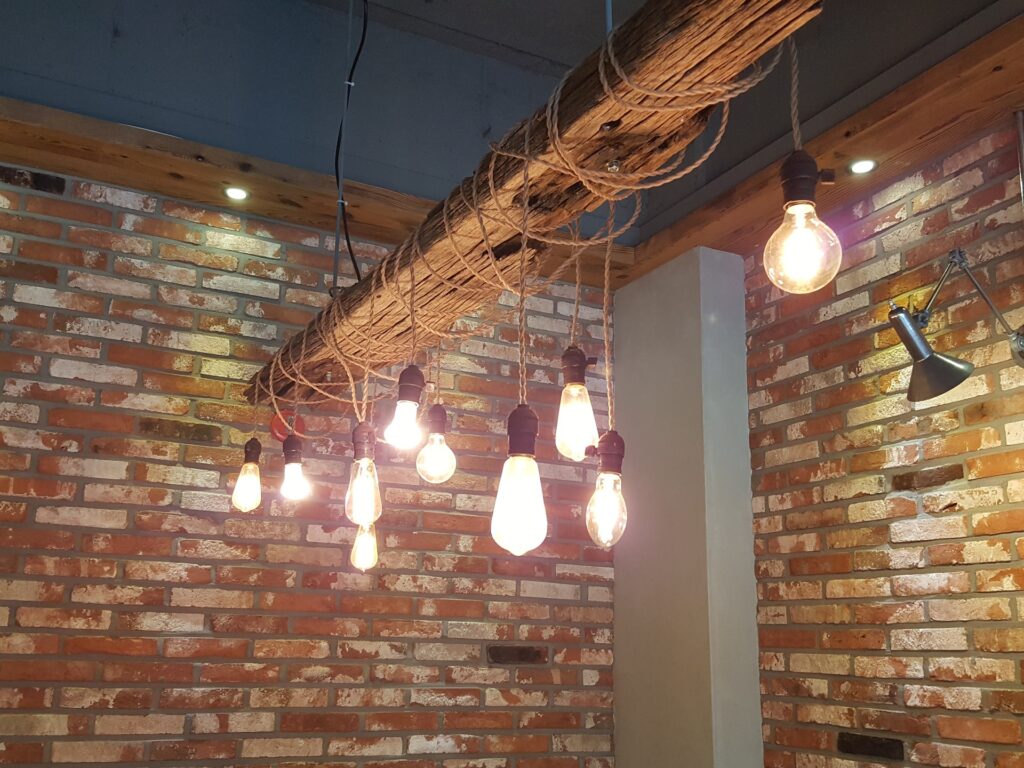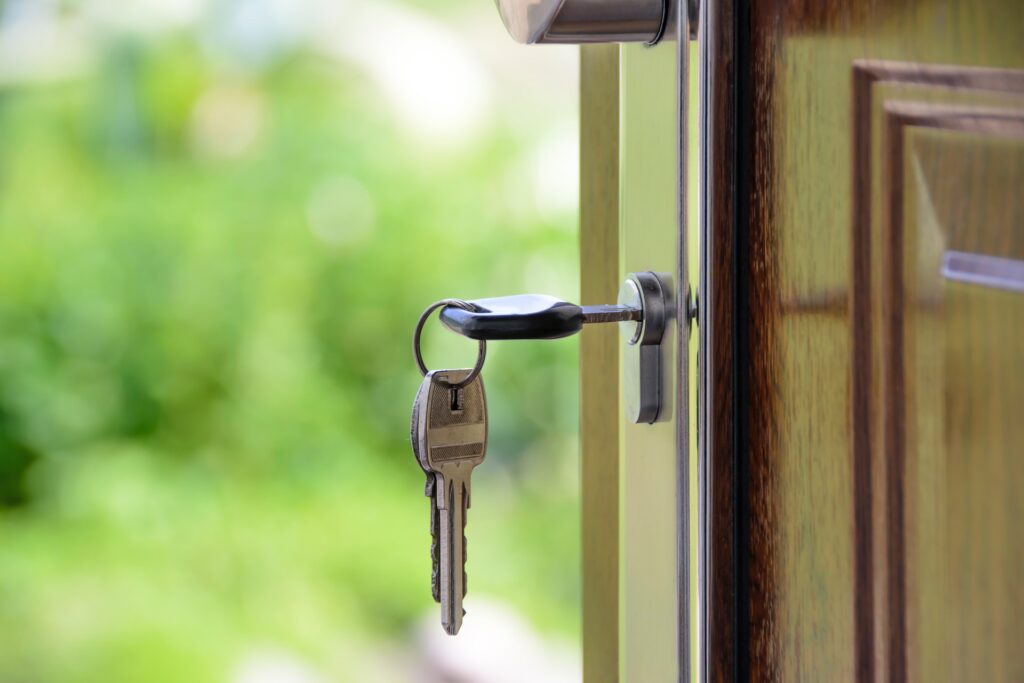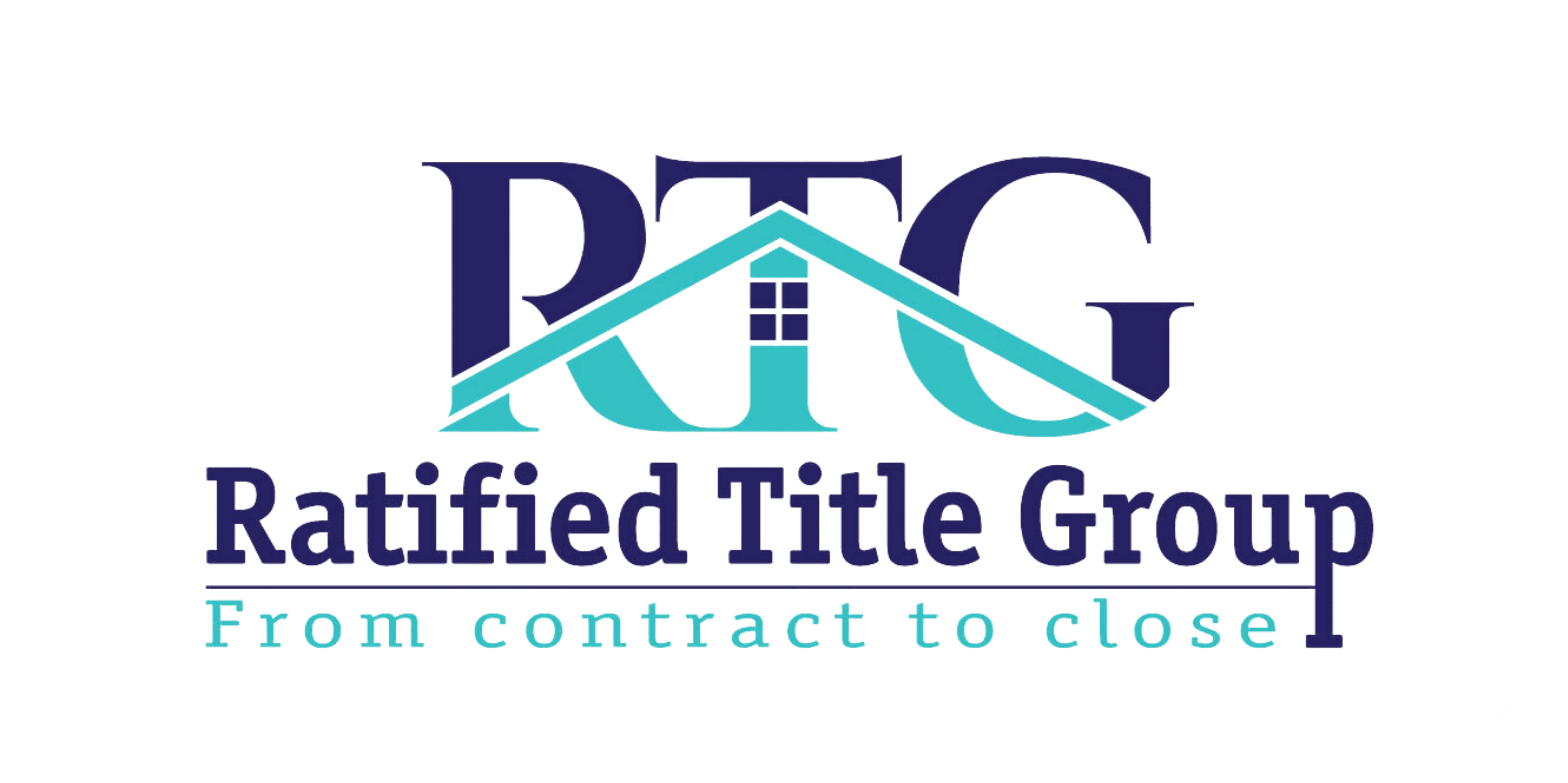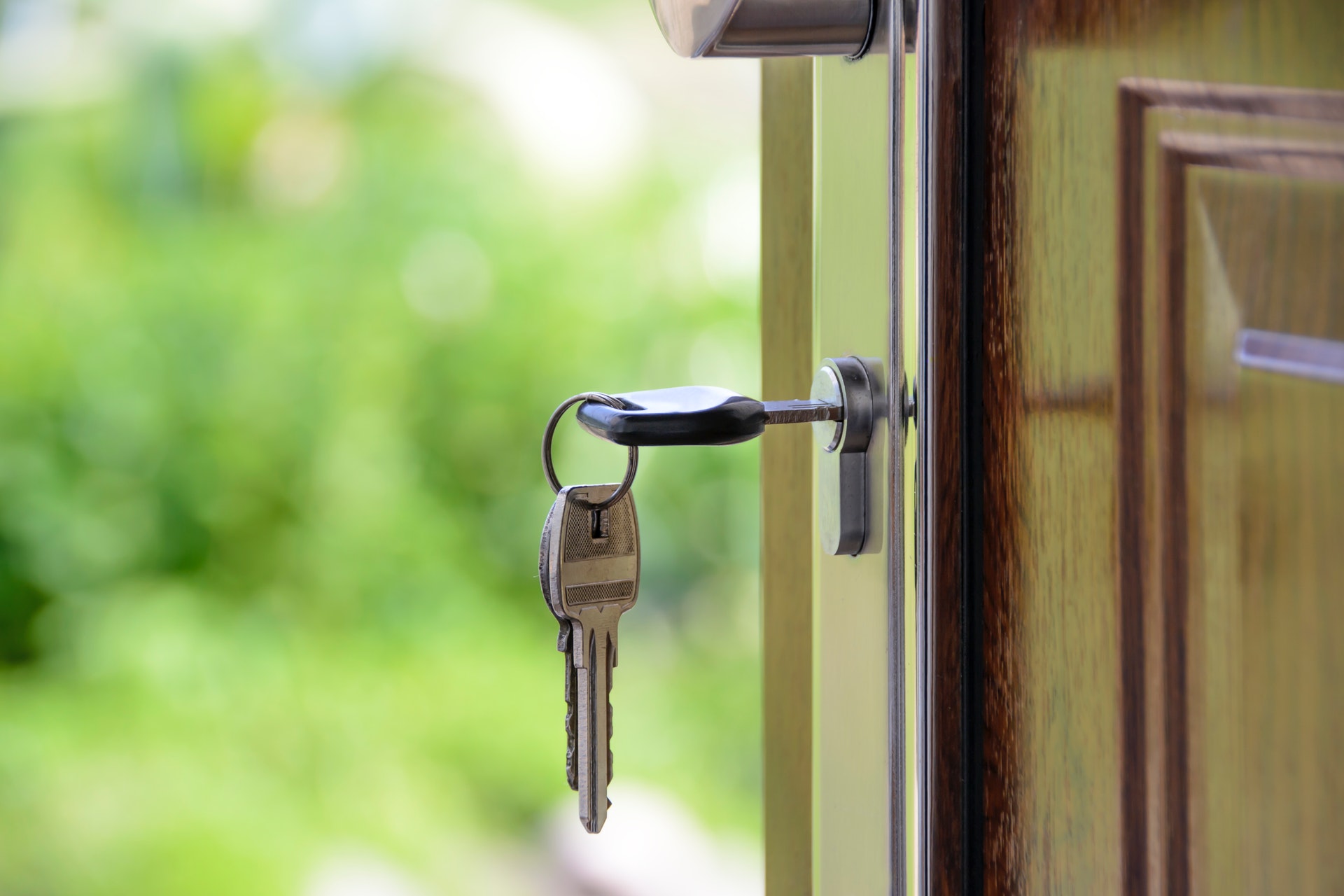Smart home technology has been on the rise in recent years, with more and more homeowners adopting devices like smart thermostats, security systems, and virtual assistants. According to a study by the National Association of Home Builders, 64% of builders are already incorporating smart home technology into their projects, and this number is only expected to increase in the coming years.
As a real estate agent, it’s important to stay up-to-date with emerging trends in the industry, and smart home technology is no exception. In fact, it can be a major selling point for clients looking to buy a home. Here are some ways that smart home technology is changing the real estate industry:

Increased Home Value
Smart home technology can add value to a home, with some studies suggesting that homes equipped with these devices can sell for up to 5% more than those without. As a real estate agent, you can highlight these features when listing a property, and it can be a major selling point for potential buyers.

Improved Energy Efficiency
Smart thermostats and other energy-efficient devices can help homeowners save money on their utility bills. According to a study by Nest, their smart thermostats can save homeowners up to 12% on heating bills and 15% on cooling bills. This can be a major selling point for clients looking to save money in the long run.

Increased Home Security
Smart home security systems can provide added peace of mind for homeowners, as they can monitor their property from anywhere at any time. According to a survey by Coldwell Banker, 28% of homeowners have smart security systems, and 91% of those homeowners say they feel safer with the system in place. This can be a major selling point for clients who are concerned about home security.

Improved Accessibility
Smart home technology can also improve accessibility for homeowners with disabilities or mobility issues. For example, voice-activated assistants can help people control their home environment without having to move around as much. This can make a home more appealing to a wider range of clients.

Customized Home Experience
Smart home technology can allow homeowners to customize their home experience to their liking. For example, they can set their smart thermostat to their preferred temperature, or adjust their smart lighting to create a specific ambiance. This can be a major selling point for clients who are looking for a personalized home experience.
As you can see, smart home technology is changing the real estate industry in many ways. By staying up-to-date on these emerging trends, you can be better equipped to market your listings and provide valuable information to your clients.
Sources:
- National Association of Home Builders (NAHB)
- Consumer Technology Association
- Nest
- Coldwell Banker

